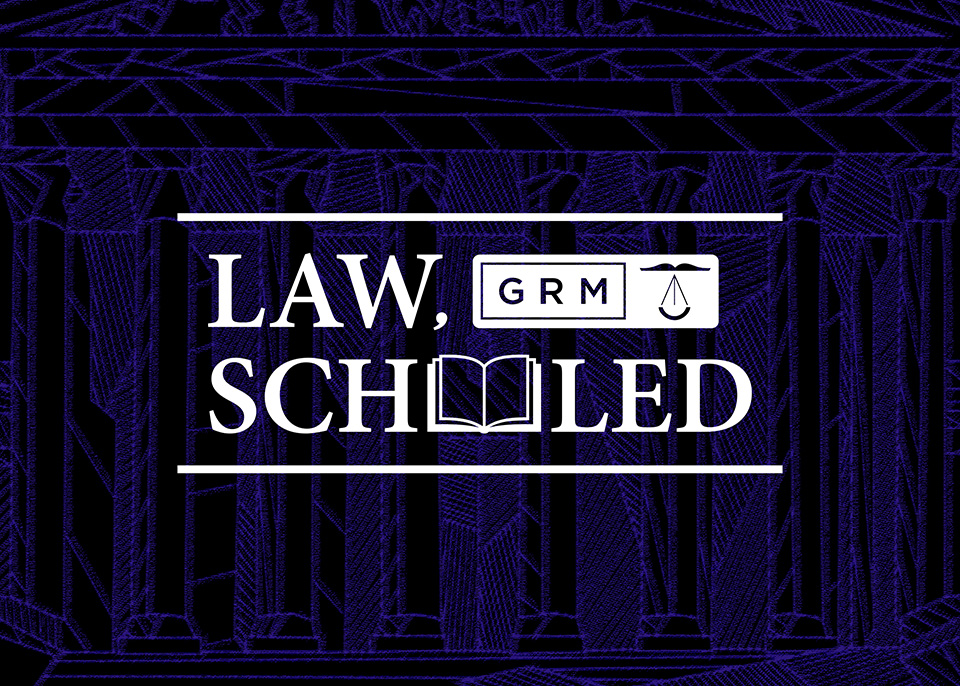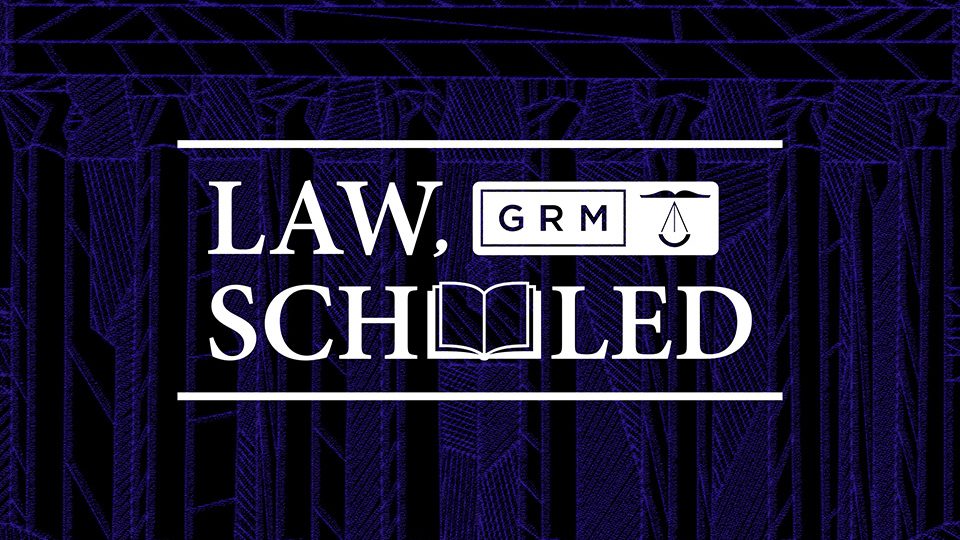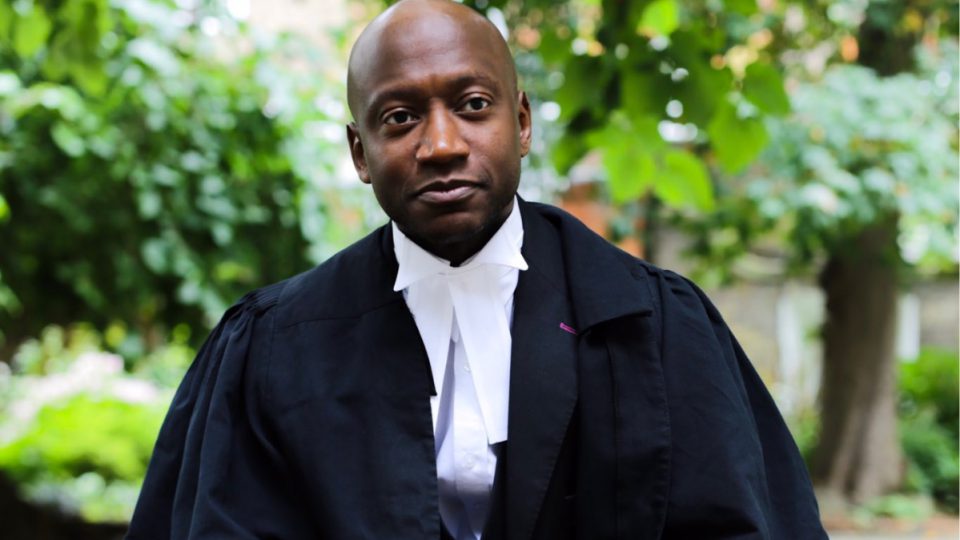
Written By: Imani Modahl
The topic of cryptocurrencies and Non-fungible Tokens (NFTs) are cropping up more and more in conversation. With stories of NFTs being sold for millions and cryptocurrency values dramatically rising and falling, it is easy to see why people are interested.
In the context of the music industry, the digital world has the potential to bring new opportunities to musicians including:
- the ability to sell NFTs as collectibles alongside traditional physical merchandise;
- virtual performances within games like Fortnite and Roblox; and
- perhaps most importantly, the ability to have more control over their work. Earlier this year, GRM Daily reported that rapper and TV presenter Big Narstie released his single “Gas the Set” as an NFT and said “I’m building my own music NFT so we can run a line in the NFT ends and have our own assets to resell and make p’s from”
In this instalment of Law, Schooled by Urban Lawyers, we will be looking at Non-Fungible Tokens (NFTs) in the context of the music industry from an intellectual property (IP) law perspective.
What is an NFT?
NFTs are digital assets that are held on a blockchain, most NFTs are stored on a blockchain called Ethereum. NFTs are uniquely identifiable because each NFT has its own digital signature. Depending on the design of a particular NFT, it can sometimes be bought and sold, in the same way that you would with a piece of artwork or trading cards and in any event, the rights of ownership in an NFT may be transferred to another.
What does fungible mean?
When an asset is fungible, it holds the same value as another identical item, for example a pound coin holds the same value as another pound coin or two fifty pence pieces. In contrast, non-fungible means that the item is unique. With NFTs, two NFTs may look the same, however the unique digital signature behind the NFT is different.
Where can you buy NFTs?
NFTs are sold on marketplaces such as OpenSea and Rarible. Some marketplaces allow customers to use regular bank cards to buy NFTs, however most require that customers pay with cryptocurrencies. It is important to check which cryptocurrency each marketplace supports because not all cryptocurrencies may be compatible.
What are IP rights? There are a number of IP rights which may be relevant to NFTs in the music industry, including:
Copyright
This is an automatic right which applies to original works such as photos, videos or text. Generally, the person that created the work will be the copyright owner. For example, if you plan on releasing an album cover as an NFT, the photographer and/or graphic designer will be the copyright owner in relation to that album cover. There are exceptions to this rule, for example if the work was created in the course of a person’s employment, then the employer is likely to be the owner.
In November 2021, British artist Damien Hirst released free NFTs which were “loosely based” on the Certified Lover Boy album artwork he created for Drake, Mr Hirst made it clear that the NFTs were being released with “Drake’s support and blessing”.

Trademarks
A trade mark acts as a badge of origin which allows consumers to be able to distinguish the source of goods and/or services. There are different trade mark classes for different goods or services, for example last month, Kanye West’s company Mascotte Holdings, Inc. applied to register stylised word marks for ‘YEEZUS’ in:
- class 41 (which includes “metaverse experiences”), artists including Travis Scott and Charli XCX have performed in the metaverse, Mr West may also be planning to do this in the future; and
- class 35 (which includes “providing an online marketplace for buyers of blockchain-based non-fungible collectibles, assets, currencies and tokens; operating on-line marketplaces featuring digital and crypto collectibles and blockchain-based non-fungible assets, currencies and tokens; providing an online retail store services featuring downloadable movies, videos, television, music, entertainment, digital art, and non-fungible currencies, assets and tokens”).

This is a u-turn from his previous stance on NFTs. In February he said “my focus is on building real products in the real world…do not ask me to do a…NFT…ask me later”.
Mr West’s trade mark applications show that he has the intention of expanding into the world of NFTs in the future. Once a trade mark is registered, the trade mark owner has the exclusive rights to use and licence the trade mark to others within the classes that they have registered their trade mark for. If registering a trade mark in the UK, you have to put the mark to genuine use within 5 years, if not the trade mark could be at risk of being revoked and removed from the trade mark register.
Passing off:
This is a right which may be relied on by celebrities or brands. To bring a successful passing off claim, one would have to show that:
- They have acquired goodwill – this is often confused with reputation, however goodwill goes further than being well known and was described by Lord McNaghten in the case of IRC v Muller as the attractive force that brings in custom;
- There has been a misrepresentation – for example, that an NFT featuring their image/content without their consent conveys the impression that they endorse the NFT when they don’t; and
- The misrepresentation has caused damage – for example a loss of sales or a loss of control.
Musician Lil Yachty suing music distributor Ditto, its owner Lee Parsons and NFT company Opulous over an alleged unauthorised collection which featured images of him and his name. The Defendants have said that they were authorised and in any event, they are seeking to have the claim thrown out because they say that Lil Yachty has brought the claim in the wrong jurisdiction due to Mr Parsons being British and Ditto being an English company.
To bring a claim like this in the UK, passing off would be one of the IP rights musicians could seek to rely on, although it is not easy to bring a successful passing off claim. Proceedings in the context of NFTs are fairly recent so we are yet to see how matters unfold and the challenges faced by IP owners and NFT creators and how the Courts address those challenges.
How to minimise the risk of IP infringement
It is important to check if the person/company minting the NFT owns the relevant IP. If not, ownership should be assigned (transferred) or at the very least the creator should enter into a licence agreement with the IP owner. When preparing a licence agreement, thought should be taken into what happens after the licence ends.
Failure to consider and minimise potential risks could result in lengthy and costly legal disputes.
Benefits of utilising your IP portfolio in the metaverse
IP rights do not only exist to protect IP rights, they can also be monetised. NFTs have the potential to bring extra revenue to IP owners. For example, as set out above owners can license their rights to be used on NFTs / within the Metaverse, terms can include taking a percentage of secondary sales to NFTs which is something that would not really be possible with secondary sales of physical items like posters or CDs.
As mentioned above, releasing music as an NFT may also give artists more control over their projects. The traditional route of signing with a record label has benefits, however releasing music as NFTs may be an attractive alternative to artists that want more control over their work by allowing them to get their work directly to fans.
What happens next?
The crypto market is volatile and we are in the middle of a “crypto crash”. It will be interesting to see how the use of NFTs develops over time and how the law develops in the context of IP the digital world.


